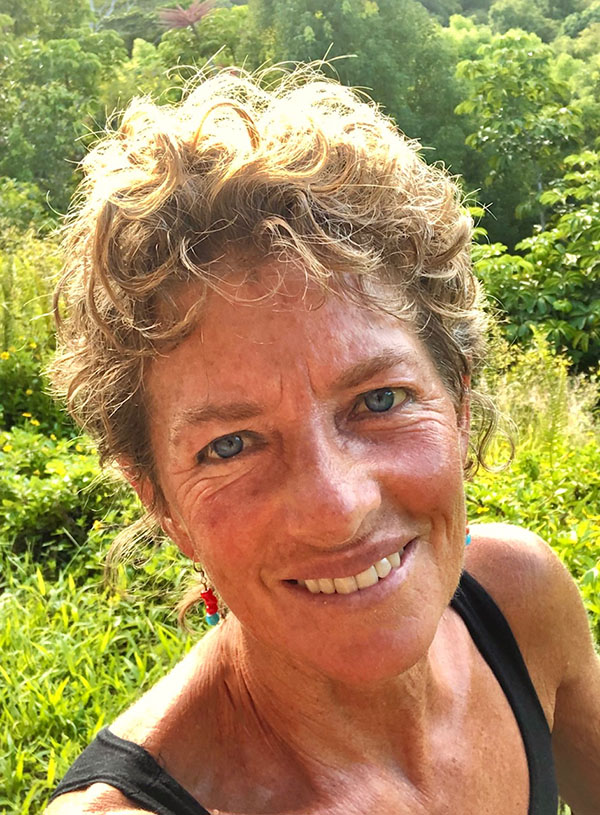Full Expression, Deep Listening, Wholehearted Living
Meet Isa Maria
Connective Communication Practitioner

What Is Connective Communication?
- Practicing the consciousness and skills of Nonviolent Communication as taught by Marshall Rosenberg.
- Expressing ourselves freely and authentically, in a simple way that is likely to meet with understanding and connection.
- Empathy: hearing the genuine positive motivation behind any communication and action.
- Differentiating between the story we tell ourselves (which causes our reaction) and what is.
- Sharpening awareness of freedom and belonging.
- Valuing ourselves and others so that everyone’s needs matter equally.
- Exercising unconditional presence: showing up for ourselves and one another here and now.
- Accessing our joy and creating the world we want to live in.
World Peace begins with self-acceptance.

2
It seems miraculous: When we maintain an unwavering attention on the essential quality we most desire, we are less invested in the need to control the situation and more committed to letting the impasse bring us to a deeper understanding. Our deepest desire, when followed, is a compass that reliably takes us home to our essential self.
Jett Psaris & Marlena Lyons, Undefended Love

3
The heart of self-compassion is coming to our inner experience with complete and total allowing. It is embracing what is. When we can relax that part of us that feels that we so desperately need to improve ourselves, we create space for just being who we are, as we are. And in the spaciousness of this allowing, healing occurs.
Robert Gonzalez, NVC Trainer

4
Freedom is an internal state that is not dependent on whether needs are met or unmet. There is potential at every moment for deepening self-connection.
Inbal Kashtan, NVC Trainer

1
Over and over again, it has been my experience that, from the moment people begin talking about what they need rather than what’s wrong with one another, the possibility of finding ways to meet everyone’s needs is greatly increased.
Marshall Rosenberg, founder of Nonviolent Communication

2
It seems miraculous: When we maintain an unwavering attention on the essential quality we most desire, we are less invested in the need to control the situation and more committed to letting the impasse bring us to a deeper understanding. Our deepest desire, when followed, is a compass that reliably takes us home to our essential self.
Jett Psaris & Marlena Lyons, Undefended Love

3
The heart of self-compassion is coming to our inner experience with complete and total allowing. It is embracing what is. When we can relax that part of us that feels that we so desperately need to improve ourselves, we create space for just being who we are, as we are. And in the spaciousness of this allowing, healing occurs.
Robert Gonzalez, NVC Trainer

4
Freedom is an internal state that is not dependent on whether needs are met or unmet. There is potential at every moment for deepening self-connection.
Inbal Kashtan, NVC Trainer

1
Over and over again, it has been my experience that, from the moment people begin talking about what they need rather than what’s wrong with one another, the possibility of finding ways to meet everyone’s needs is greatly increased.
Marshall Rosenberg, founder of Nonviolent Communication